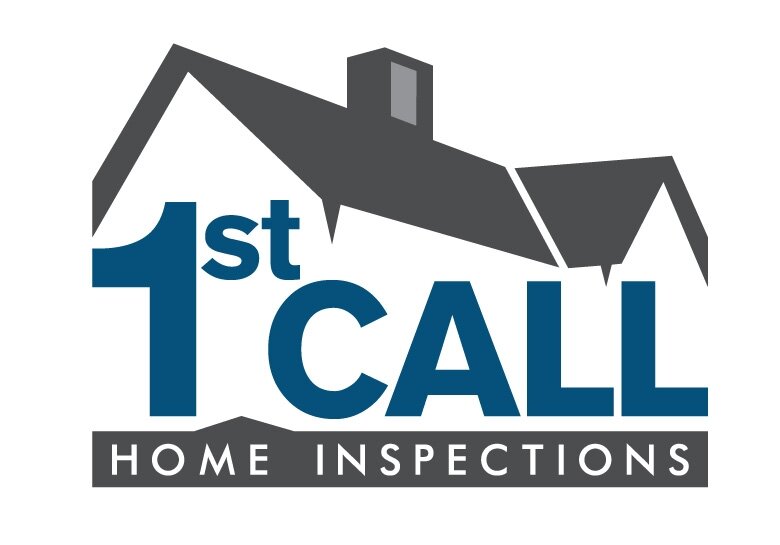-
Finding Mold In a Home Inspection
What does finding mold mean in a Home Inspection?
"Can a house be sold when it actively has black mold growing inside it? How much black mold is enough to make a home fail a inspection? "
Yes, a house can be sold having black mold. The question really is, did the home inspector find an issue with mold during the inspection and report as such ? Did the Seller hide the issue by storing materials to block visually ? Did the seller know of the issue and upgrade on top of the mold to conceal evidence and not offer a Seller a statement of defects ?
Some of the areas of a home that require stringent checks for mold are 1) in the basement, foundation walls 2) underside of kitchen sink areas and adjacent cabinets on either side of the sink 3) external side of showers and any defective caulking or broken tiles in showers 4) attic areas and underside of roof sheathing.
Anywhere there is a possibility of water entering through foundation; plumbing leaks from waste pipes and water lines or seepage from water getting behind seams and walls ( shower areas ) is a real danger of having mold develop.
So it is important to use a seasoned and professional Home inspector such as an RHI ( Registered Home Inspector ), who has been trained in a professional way and has years of experience in the trade.
Let’s start with the basement:
a) The basement being a ‘hole in the ground’ can exhibit leakage through foundation walls and at the base of the foundations where it connects with the concrete floor. Expect your home inspector to check for the following:
- Moisture test around basement windows – cracks can develop at corners of windows
- Moisture test at base of exterior walls
- Note: when entering a basement for the first time, there may be evidence of musty odors when walking into the basement; if so, it is an indicator of something going on with moisture or water entry and should be found where leakage is occurring.
- Note: The use of “Thermal Imaging Cameras” ( TIC )where you may be asked if you want an upgrade inspection using such a camera ( $$$) may not absolutely find the existing moisture or water entry. Best to use a very sensitive hand held moisture meter and where necessary use a camera ( TIC ) to check if there is any additional information that can be obtained by its use. Do not get taken in by add-on costs for your inspection.
b) Underside of sinks and shower areas:
- Underside of cabinet areas directly under sinks or cabinets adjacent to kitchen sinks should be checked for water entry. So it is important to keep up with the inspector while he/she is performing the inspection. Any areas missed through inspector being diverted by others asking questions, should be re-directed and checked. Your job as a buyer, is to take in as much information as you can about the structure and configuration of the home; it is a large investment. Do not be timid in asking questions. If you do not understand the answer, ask again.
- Areas at the base of shower stalls external to the shower should be checked for moisture build up inside the wall. This where the hand held moisture meter is useful.
c) How much black mold is too much ?
- So your home does not fail if black mold is found. Just to be clear, a Professional Home Inspector does not “ Pass or “ Fail” a home for any reason. I get many buyers who ask; “ does the home pass or fail”…..no such thing. The professional home inspection report details all aspects of the findings with photos, description and recommendations. That is the essence of a home report. It is the clients / buyers responsibility to work with their agent to determine what actions they wish to make or further discussion with the Seller.
- Amount of black mold; If less than 10 sq ft of drywall for example, a buyer or 3rd party can remove without the need for specialized equipment. In essence a relatively minor defect and one that does not cost a lot of money.
- If black mold is more than 10 sq ft., then 3rd party remedial action is required. This being a 3rd party trained and registered to deal with mold and its removal. This can result in several thousands of dollars in cost and substantial intrusion to the home and belongings. This is a major event and one to be taken seriously
- So in summary, it is not whether a home fails BUT the cost associated with remedial action and whether the buyer/ seller/client is willing to take on this action or walk away.
I hope this helps you as a buyer to understand what you should expect of a Professional Registered Home Inspector ( RHI). Inspectors who are still learning their trade may not have come across many of the more intricate ways in which moisture can develop. In Ontario, consider an RHI inspector associated with www.OAHI.com
David King RHI, NCI
1st Call Home Inspections
519 619 1637



